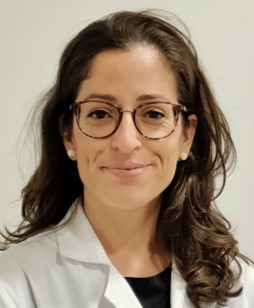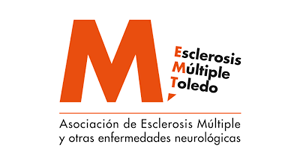
What is IMMUTOL?
The IMMUTOL consortium brings together experts and institutions from various sectors, ranging from research institutions and academies to patient associations, hospitals, and corporate SMEs.
IMMUTOL members collectively address technological challenges in the development of off-the-shelf cellular products for the treatment of autoimmune diseases, focusing on different and complementary steps of the development chain. These steps include basic research in the biology of immunotolerance mechanisms, cells with different therapeutic approaches, clinical translation, regulatory aspects, and related healthcare and economic technology.
Immutol Objective
IMMUTOL aims to address unmet medical needs using modern technological approaches that range from the initial design of an innovative cellular product, through in vitro and in vivo preclinical testing, to innovative GMP manufacturing processes and preparation of applications for clinical trials.
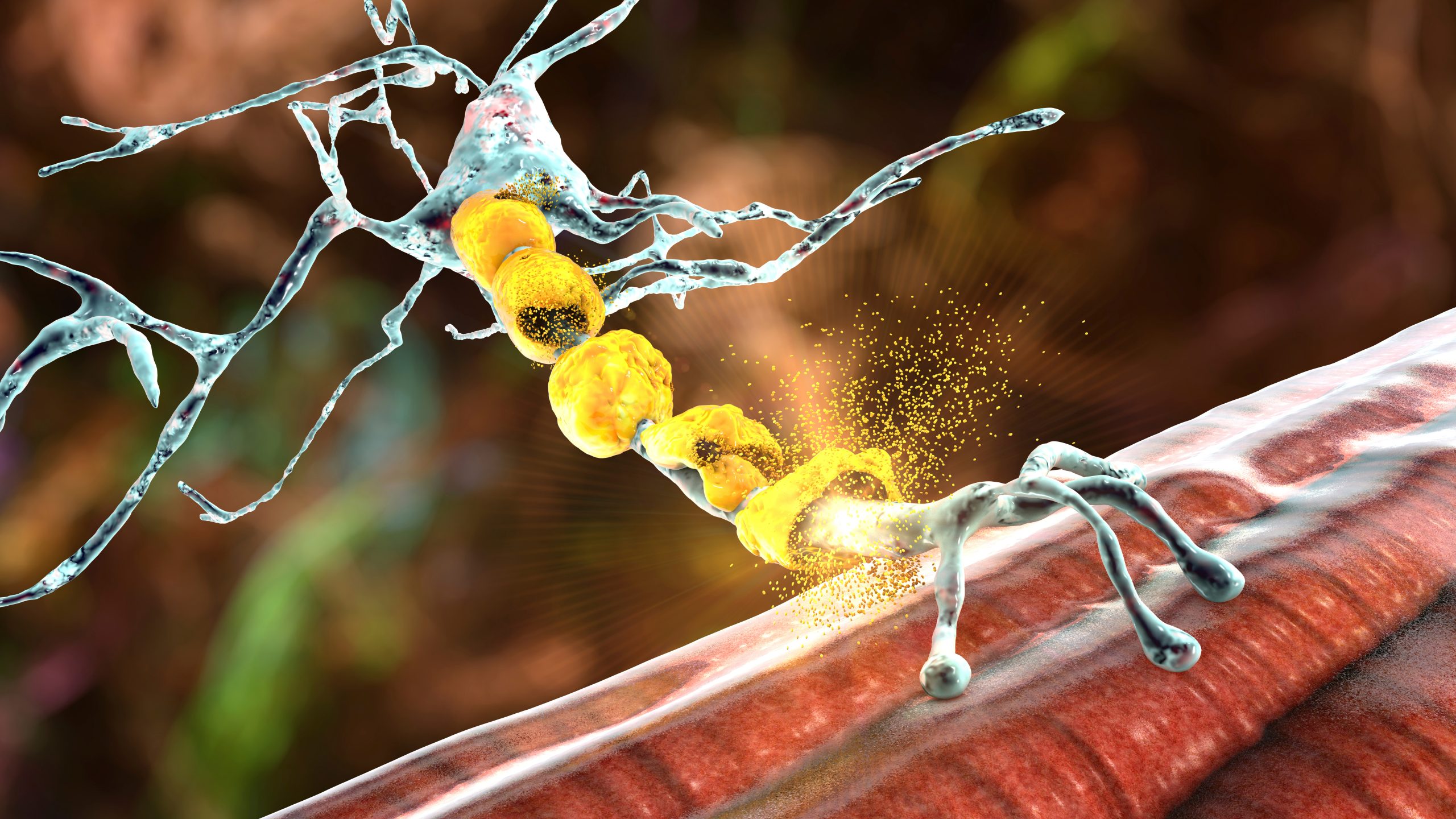
With a progressively increasing disability, Multiple Sclerosis is incurable and greatly diminishes patients’ quality of life, imposing a significant burden on society in terms of therapy costs and chronic need for care.
The introduction of disease-modifying therapies, based on anti-inflammatory and immunosuppressive drugs, has provided an improvement in disease control. However, the drawback of these therapies is that they can have adverse effects due to generalized immune suppression and must be administered lifelong to mitigate inflammation and partially compensate for organic dysfunction.
There is a need for new, safe, and effective therapies for multiple sclerosis that target the root cause of the disease, to reduce treatment duration and frequency, as well as to limit side effects.
The current goal of IMMUTOL is to accelerate the development and validation of an advanced therapeutic drug, based on vitamin D3 (VitD3) modified tolerogenic dendritic cells optimized to treat patients with immune-mediated diseases.
IMMUTOL will develop a more potent and long-lasting treatment for autoimmune diseases with unmet medical need, particularly multiple sclerosis, i.e. paving the way for new cell-based tolerogenic therapies to cure or reverse various autoimmune diseases.
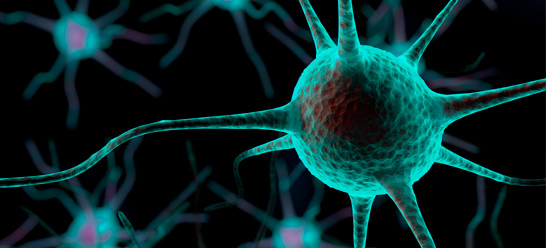
Meet the PIs
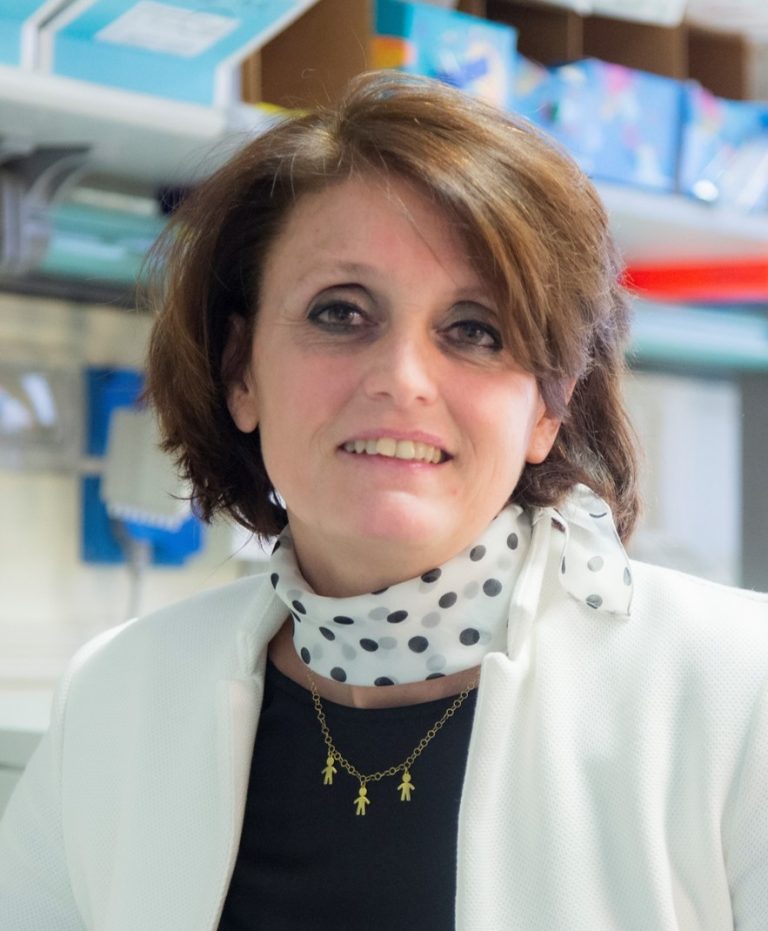
Silvia Gregori

Eva Martínez Cáceres

Anja ten Brinke

Marieke van Hams

James Hutchinson

Ralf Linker

Jordi Martorell López

Felipe Prosper Cardoso

Oriol Penon

Rok Hren

Gabriella Dessole
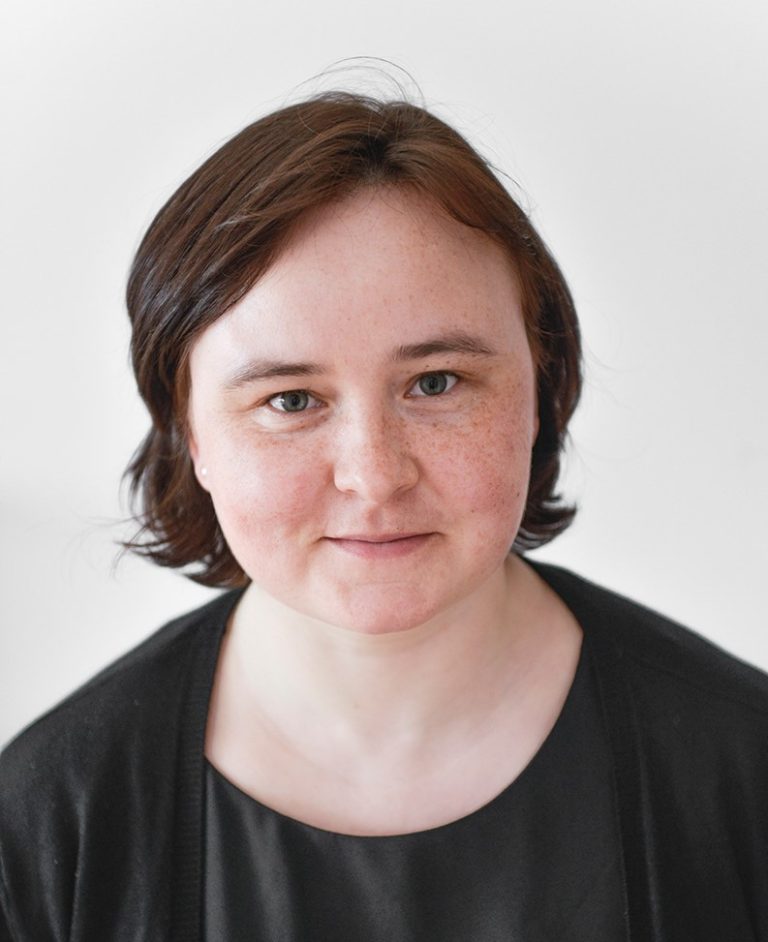
Kinga Zor
